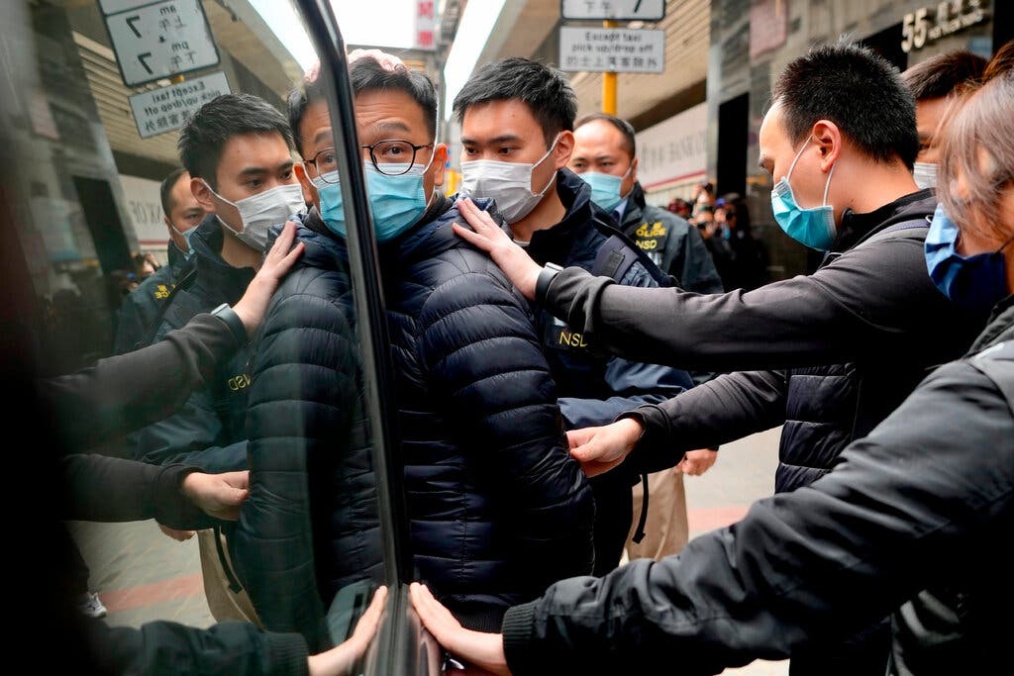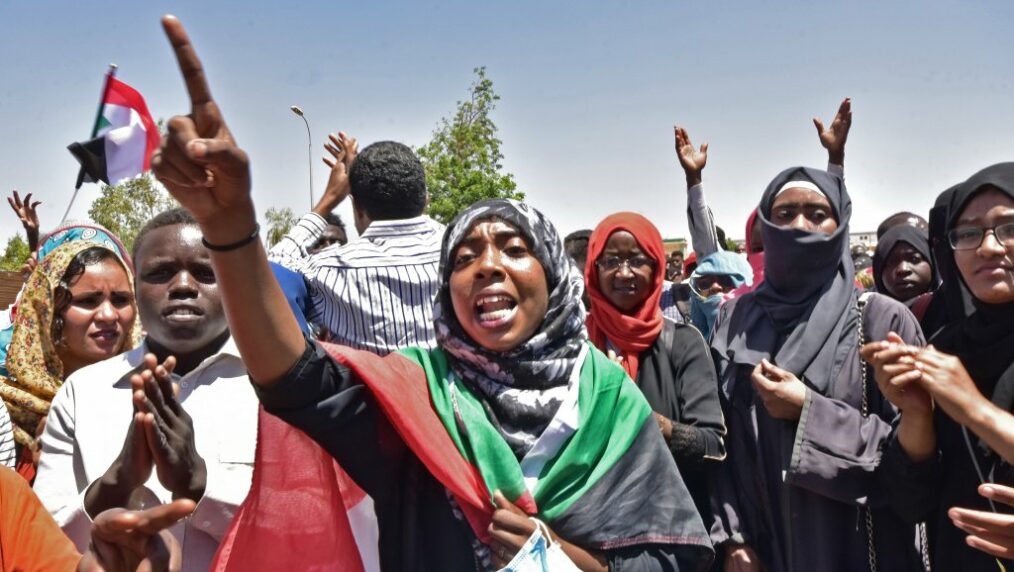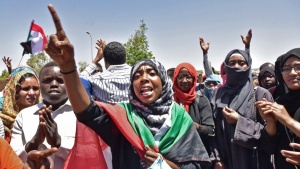Within the past two decades, governments across the world have worked diligently to prevent large-scale terrorist attacks. Furthermore, when examining the current global state of counter-terrorism, it is evident that the counter-terrorism tools at the disposal of governments are the most effective they have ever been.
However, there has been a noticeable rise of governments detaining critics under the guise of counter-terrorism. To understand what can be done, we must understand what circumstances led to the rise of this worrying trend in recent years.
Origins of Contemporary Counter-Terrorism
Although counter-terrorism is not a new phenomenon, the modern way we conceptualize and practice it began after the September 11th attacks. The deaths of thousands of Americans on U.S. soil provided a wake-up call to the traditional agencies of our national security apparatus. These attacks provided the impetus for the creation of new agencies such as the Department of Homeland Security, becoming the cornerstone of national security. In addition, the government passed the Patriot Act within the same year, giving newfound powers to agencies with a counter-terrorism focus.
The most infamous of these agencies which were given more authority to expand surveillance was the National Security Agency (NSA). The agency traces its heritage to the establishment of the Armed Forces Security Agency, which later became the agency it is today in 1952 to better coordinate communication intelligence (COMINT) across the government.
After the Cold War, the NSA was viewed similarly to other intelligence community agencies, as relics of a time where the USSR was our greatest threat. The agency was given a reinvigorated purpose in an era that had replaced the threat of Communism with the threat of terrorism.
Moreover, the United States shaped international counter-terrorism norms in the early years of the War on Terror. A wide coalition of nations supported the U.S. decision to combat al-Qaeda in Afghanistan. This became evident by the unanimous passage of Resolution 1386 of the UN Security Council, which established the International Security of Assistance Form (ISAF).
Counter-terrorism operations became apolitical among the states participating in the international system. The use of tools to conduct mass surveillance was also normalized as it was seen as necessary to combat terrorism. While the tools used to conduct counter-terrorism were seen as controversial, they were indicative of an attitude by the United States to fight terrorism by any means necessary.
Authoritarian “Counter-Terrorism”
As the War on Terror has progressed, many states adopted the norms and tools used by the United States. The progression of time has also led to more advanced technology being adopted each year by governments around the world. These conditions have allowed authoritarian states the unprecedented ability to spy upon their citizens, accessing their movements and online presence. They have used this information on those they consider dissidents to quell criticism against their regimes by having them recant statements made online.
In the most extreme of these cases, regimes have used the excuse of counter-terrorism to imprison their citizens whom they believe weaken their regime. Authoritarian states have consistently targeted journalists.
Authoritarian regimes survive by instilling fear within their state by ensuring any forms of dissent are met with harsh repercussions. In a healthy society, journalists act as a fourth estate that safeguards against government abuses. These imprisonments of journalists have occurred from the Democratic Republic of the Congo to as far as Myanmar. Such actions only delegitimize counter-terror operations which aim to defeat extremist organizations, such as ISIS.
What Can Be Done
It is important to note the current deficiencies existing in contemporary counter-terrorism when confronting this issue. The most pressing issue is the varying doctrines among states regarding how they combat terrorism. Several of these doctrines have developed primarily from military rules of engagement. Attitudes and norms have also molded theses from the War on Terror.
In order for reform to occur, there must be a codification of rules of engagement within international law. Such reforms would limit the scope of counter-terrorism operations to only extremist groups, which are widely agreed upon to be threats to international security. Deviation from these newly established norms would ensure that states will no longer be able to use counter-terrorism as a justification for their nefarious actions in a legal context.
Christopher Ynclan Jr., Counter-Terrorism Research Fellow



